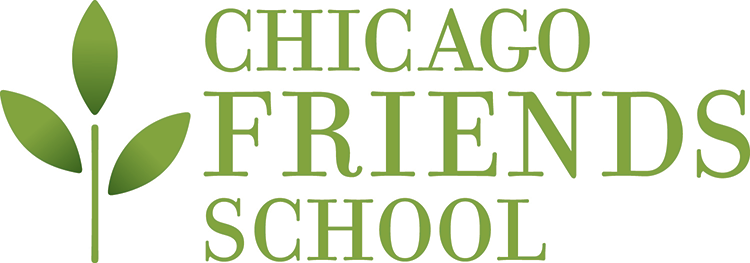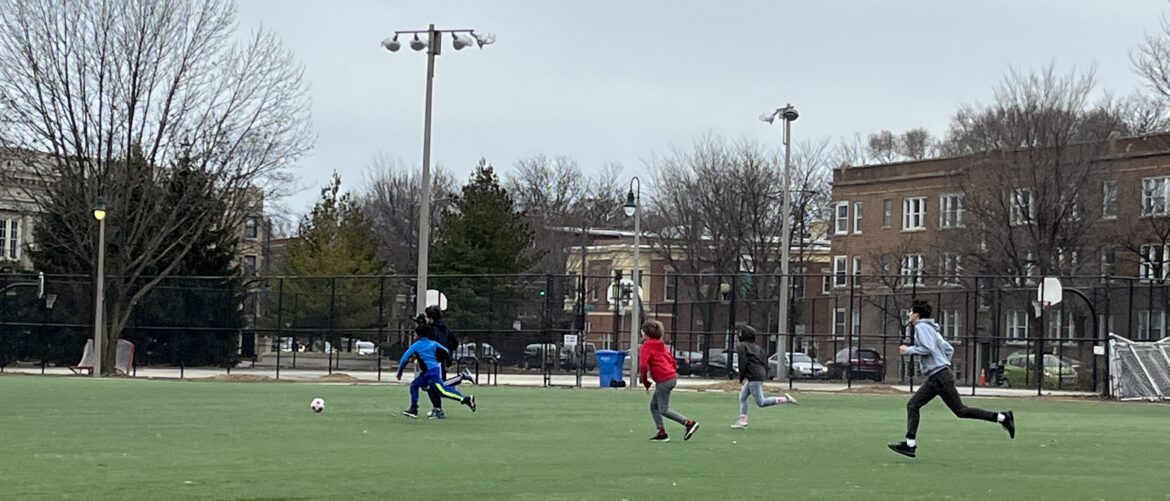A week ago, at the behest of student government, I walked over to the athletic fields of a nearby high school with a group of 4th -8th graders so they could organize a soccer game on a real field during their recess time.
Before going, I was asked if I was going to ref the game, and jokingly told the students that all I understand about the rules of soccer is “It goes in the other team’s net.” and “You can’t touch the ball with your hands.” I wasn’t concerned. Despite the fact that the even number of kids meant that no kid could referee, I knew they would be able to arbitrate disputes and calls peacefully.
On the walk, one of the 8th graders pulled me aside to ask if I would help form fair teams. Several kids told me who they thought were most skilled and asked me to make sure they were on opposite teams from each other so the challenge would be even.
Once at the park, I made teams and released the kids to play, and went off to the side, trusting their independence. I was not disappointed. The teams self-organized, with younger/less experienced kids accepting assignments for positions from older and/or more knowledgeable others. As they played, they collided, fouled, called outs and ins with no interference with me. They helped each other up and said “are you ok?” They kept score without arguing once about whether a goal was legitimate. Nor did they expect me, their head of school, to take any role running the game or enforcing the rules.
At one point in the game I tried to remember team sports from when I was that age. One thing I do know is that sports started with an adult going over the rules and sanctions for breaking them, even on a game we had played dozens of time. There was in my school experience, I reflected, less trust that the kids could get it right without heavy control by adults.
I cheered the kids on, joked with a few, administered a spare band aid, and when it was time to walk back, gathered them up and we all walked back together in a good mood. It seems like a tiny thing — trusting kids to be competent and kind and fair. But it is really a huge thing. From requesting the game, to reffing to shaking hands after the match, they took the leadership they needed among themselves to make the experience they wanted to happen. That’s huge.


Karen Carney
is the head of school. Karen’s career demonstrates a rich and diverse set of skills: project oversight, curriculum development, educator training and mentoring, and classroom instruction. Prior to coming to Chicago Friends School, she worked as a senior specialist in science curriculum for American Institutes for Research. Before this, she oversaw educational programming at the Adler Planetarium, first as its director of education and then as associate vice president for visitor experience and learning. She has also worked in instruction and teacher development at the University of Illinois at Chicago’s Learning Sciences Research Institute and has authored more than 20 scholarly papers, book chapters, and conference presentations.
Karen is an active, dedicated Friend (Quaker) and has held various leadership positions at the Evanston Friends Meeting. She enjoys baking, cooking, and painting and is a member of the Playmation improv comedy team.